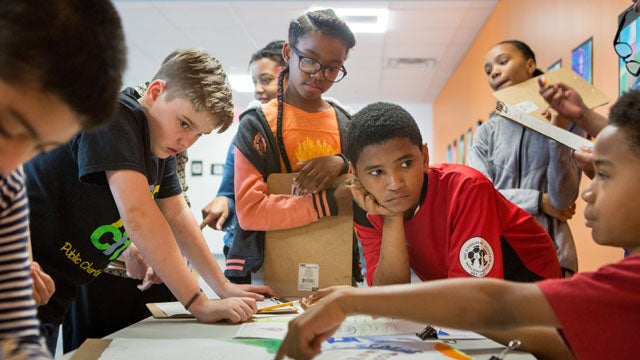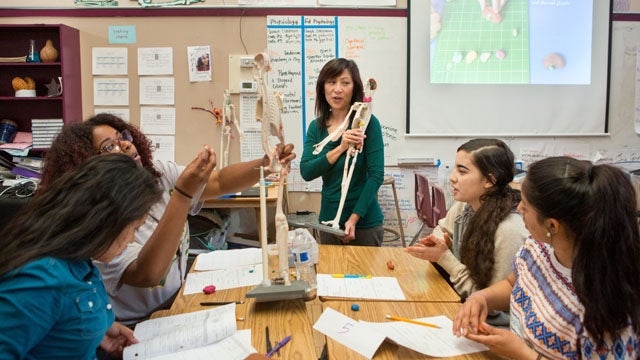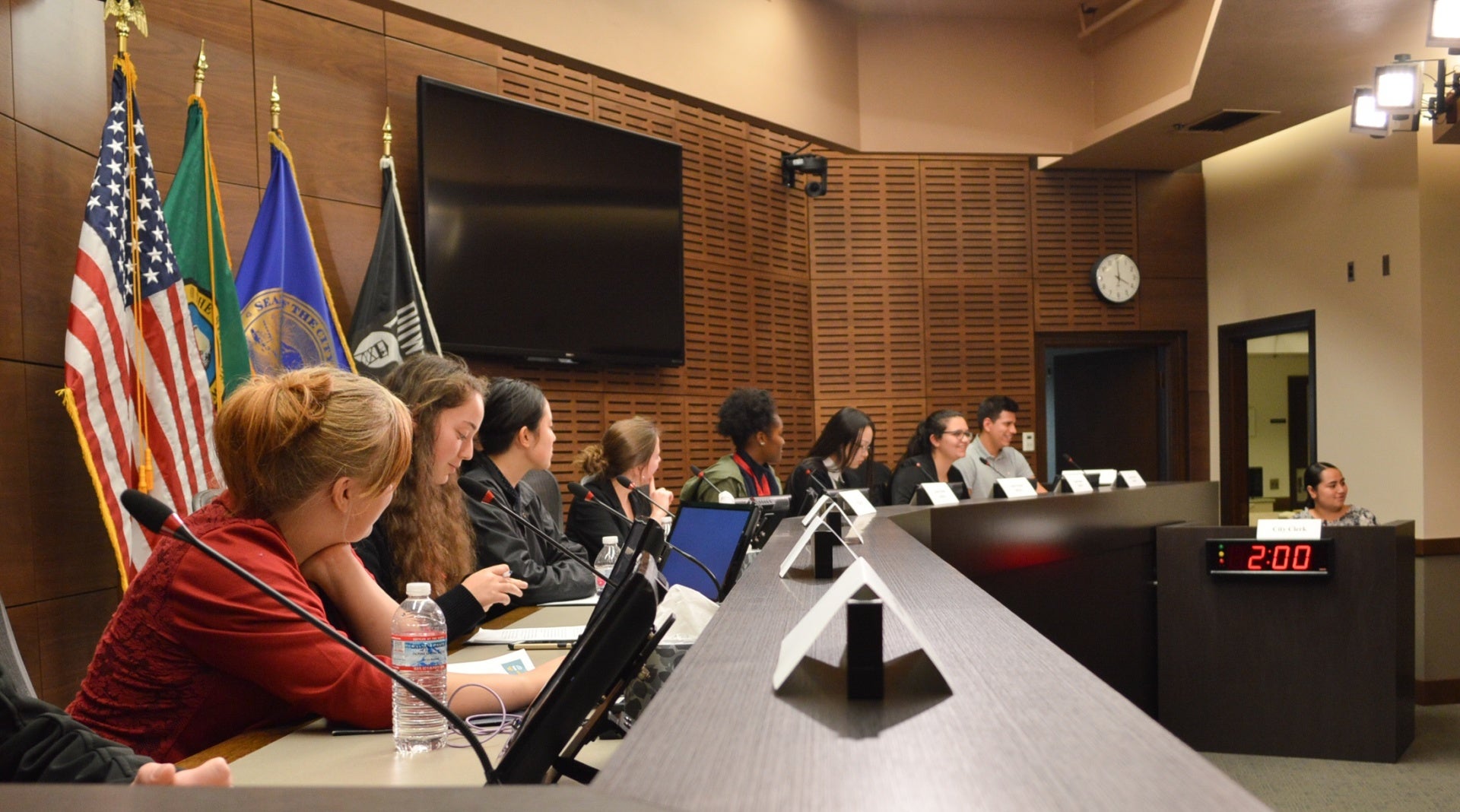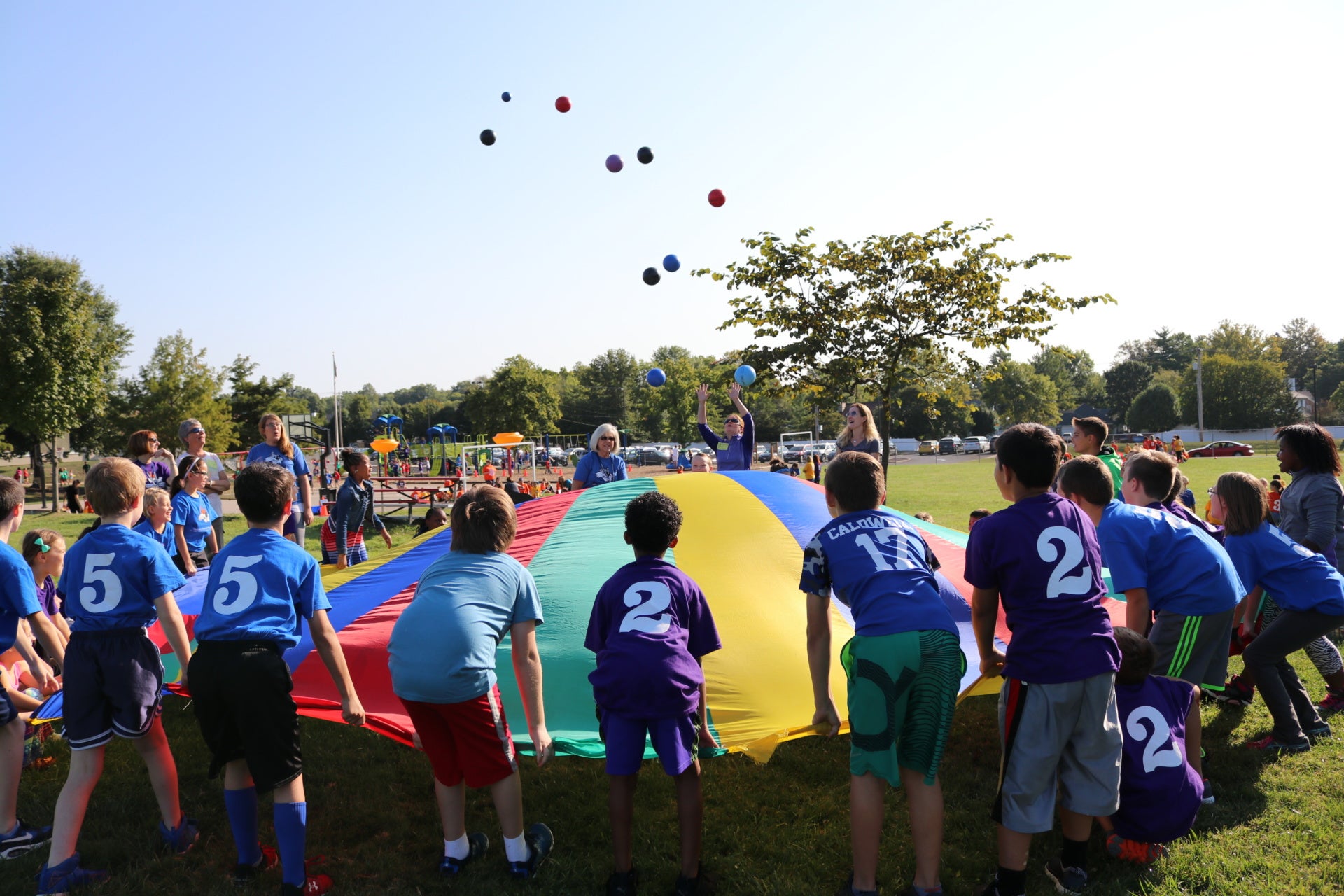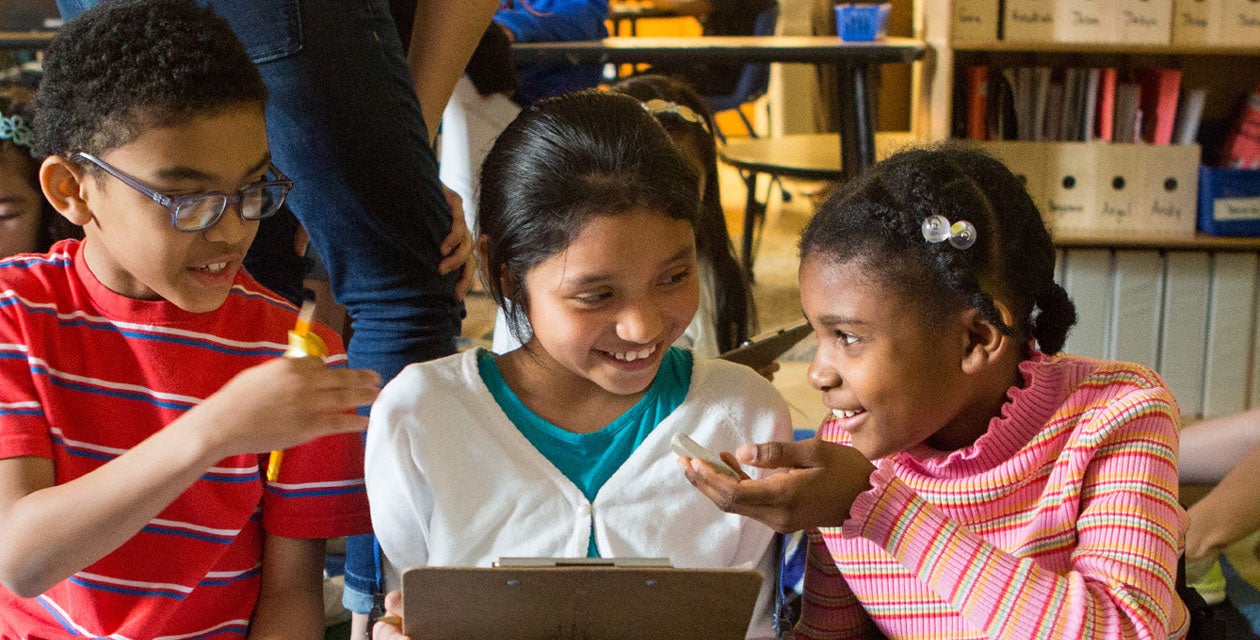The first case study from the Aspen Institute’s National Commission on Social, Emotional, and Academic Development shows how schools and educators enhance learning when they teach a curriculum that simultaneously builds students’ social, emotional, and academic understanding. Putting It All Together discusses how an integrative approach is different from developing social emotional skills through stand-alone programs, details the benefits of such an approach, acknowledges the challenges to doing this work well, and provides supports and strategies for overcoming those challenges.
The case study vividly paints a picture of what this looks like by sharing on-the-ground examples from across the country. At Capital City Public Charter School in D.C., students learn collaboration, critical feedback, and leadership skills in its lessons across subject areas, developing key social skills that are essential for academic learning as well as for later professional life. San Francisco Unified School District’s “growth mindset” math program builds students’ confidence, persistence, and ability to take academic risks by teaching that mistakes are an essential part of learning.
Other examples include:
- The Facing History and Ourselves curriculum engages students in examining racism, prejudice, and intolerance to try to develop a more humane and informed citizenry.
- The New Tech Network of schools uses project-based learning to make learning authentic and encourage students to collaborate.
- The Center for the Collaborative Classroom’s curriculum helps to support the academic, ethical, and social development of children.
See related blogs that examine aspects of integrating social, emotional, and academic development in the curriculum:
- Edutopia: A Classroom Full of Risk Takers
- American Federation of Teachers: At My School, Blending Social, Emotional, and Academic Skills Pays Off
- EdSource: Encouraging students to make mistakes to improve math outcomes
- Education Week/National Network of State Teachers of the Year: Social-Emotional Skills Should Be an Integral Part of Every Lesson We Teach
